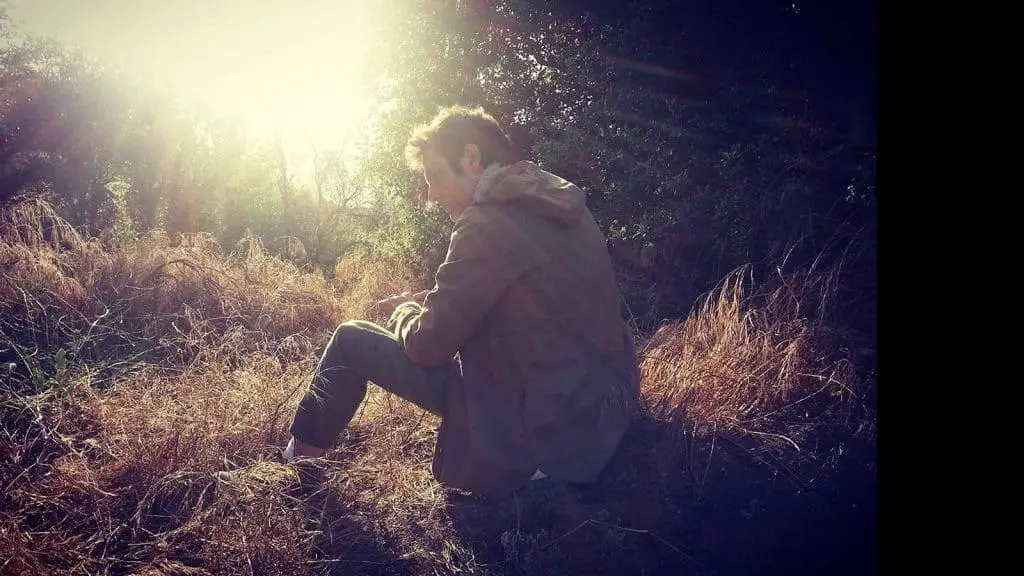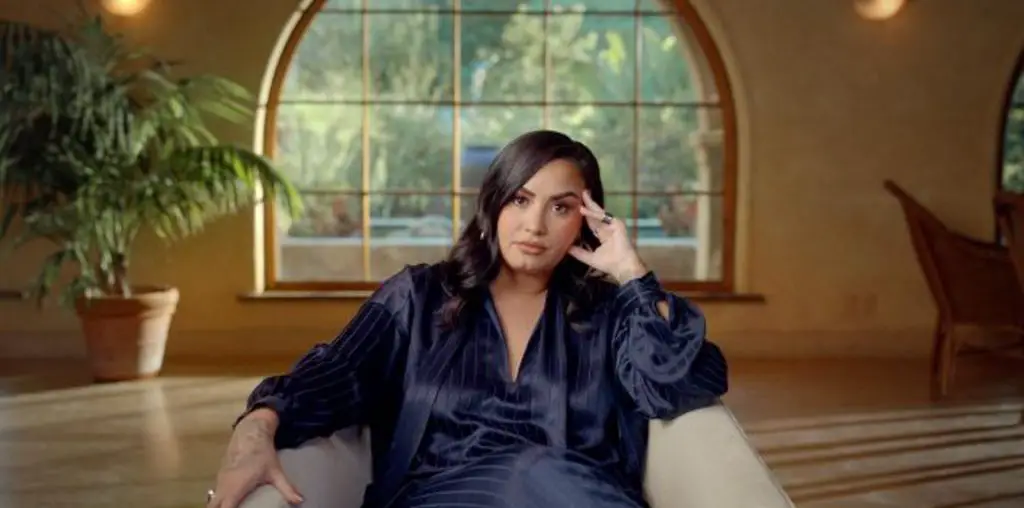
What led you to make a film about WACO? ^ A typical fluke. Somebody showed up on my doorstep with demo in hand and pitched me on whether I’d want to do it and it turned into a project. It was not about my personal belief system or my political interests. It really began just like any other potential job would begin. I knew nothing about WACO before I started. Sometimes projects just fall in your lap and you follow that. That’s perfectly typical of the film business. People have all these ideas of what they think they’re going to do, and what they want to do, and that’s great. But sometimes things fall into you lap and they turn into meaningful things. The great thing about any creative endeavor is it exposes you to new avenues — things you didn’t know before.
Were you shocked to learn how the ATF acted toward David Koresh? ^ I wasn’t shocked. I was fascinated by it, and I also didn’t know anything about it. I didn’t know anything about federal law enforcement. Like most showbiz wonks, my concern in life was show business. I wasn’t that concerned about rights, freedoms, all the things that are a part of the genre of WACO. I didn’t know anything about conservative politics or the conservative world. But I do now. ^ My first day on the job was at the Congressional hearings. I didn’t know anything about media spin, or how things worked inside the halls of Congress. One of the things about WACO that was shocking was actually being in the hearing room and seeing what was really going down and what people really had to say. Looking at what the press wrote the next day, there was no comparison. What the press had to say had nothing to do with what I saw going on inside the hearing room. Not at all. The press were spinning it like crazy. ^ What the WACO hearings were really about was the Republicans and Democrats trying to go after Clinton or protect Clinton. Usually the conservative side is the law enforcement side, and the liberal side is the civil rights side. In this instance, it was reversed. The Democrats were screaming about FBI and ATF mishaps, and the Republicans just wanted to nail Clinton.
Did you receive any cooperation from the agencies? ^ Did we receive any cooperation? None. Zero. Zip.
How did you get such access to rare footage? ^ It was rare, but really the footage was not perceived as valuable to anyone. Everyone laughed at us when we told them we were working on a piece about WACO. They said, “Everyone knows what happened at WACO, why are you doing a film on that?” But they were misinformed. ^ The footage came from the defense attorneys. All of the footage — the infrared footage and the video of the Branch Dividians inside the house during the siege — which were the two rarest pieces of footage — came from the defense attorneys who were defending the Branch Dividians right after the siege. It was given to them as part of discovery. Whenever you prosecute, the defense has to have all of the materials that the prosecution is using, which in this case was the FBI and the U.S. Department of Justice. So those materials were in the hands of the defense team and that’s how they came to us. ^ The main items were: the sound of the negotiations tapes, the bug tapes which were hard to get, (we used a private investigator for that,) the video of the Branch Dividians inside the compound, and the infrared that came form the attorneys. Thank God for the justice system.
During the course of the documentary, several officials are clearly caught in embarrassing lies. After the film was released, how did they react? ^ They ignored it. The government’s position on this was duck and cover. All the way through. From Sundance, all the way through to the Academy Awards, the government never said one word. Which to me implies some form of culpability. If what the film portrays was false, I would expect someone from the government to have stood up and said ‘This is an absolute outrage, this is a lie, this is untrue.” They did nothing. There was no response. For a film such as WACO: The Rules of Engagement, a statement that indicts them to such a severe degree, I’m surprised that they didn’t say anything. The lack of a response is really what the response was.
Get the rest of the interview in part three of WILLIAM GAZECKI UNDER FIRE>>>

